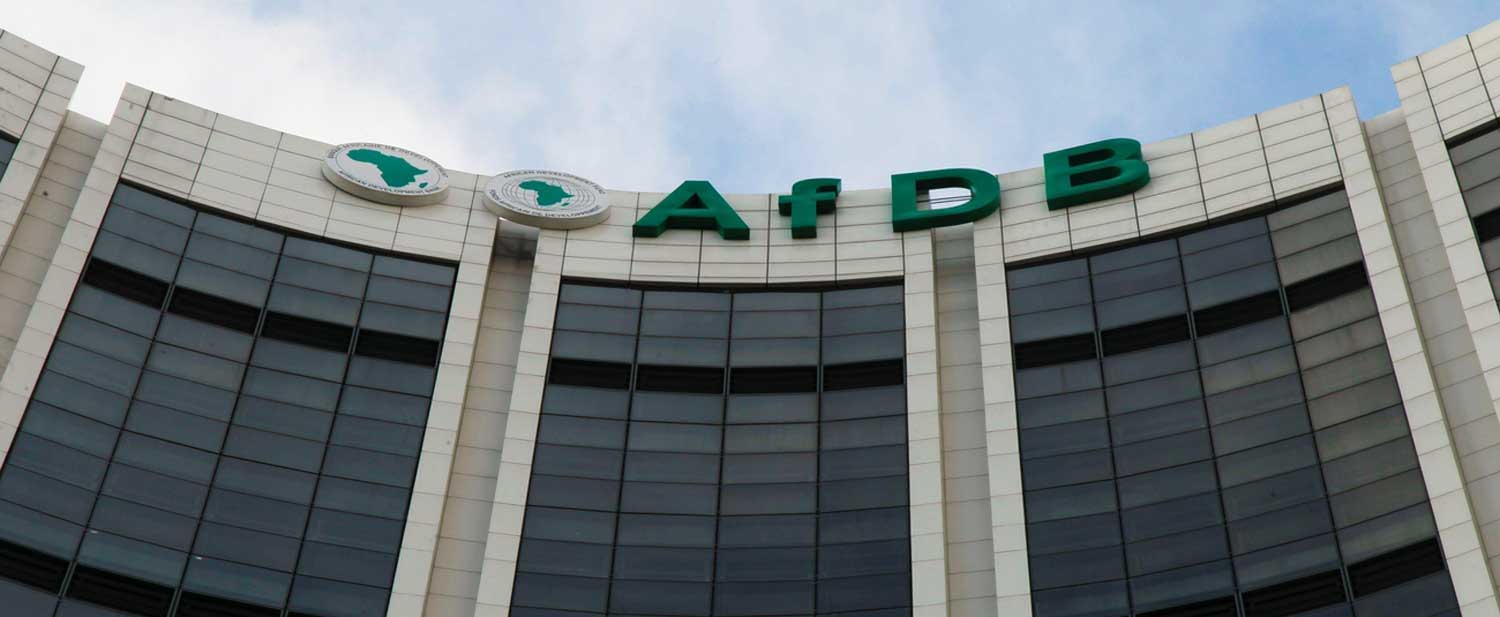Money market
Group backs CBN on currency redesign, urges Nigerians to be patient
A civil society organisation, the Leadership Orientation and Basic Rights Advocacy Centre (LOBRAC), on Monday, said the currency redesign policy by the Central Bank of Nigeria (CBN) would stabilise the nation’s economy.
Mr Stanley Okafor, President, LOBRAC, made the assertion at a sensitisation and advocacy briefing on the current policy of the CBN, in Awka.
Okafor said that the CBN’s demonetisation policy was innovative, timely and in line with the mandates of the CBN Act of 2007.
He said that the CBN Act mandated the institution to operate independently and in line with the objective of promoting stability and continuity in economic management.
“Section 17 and 20 (3) of the CBN Act says that the apex bank determines issuance of currency notes and has power, if directed by the President, to call in any of its notes or coin.
“So, the CBN has not done anything wrong by introducing this policy. It is for the public good because it will drain excess liquidity from the system, strengthen the value of the naira and stabilise our economy.
“The policy will control worsening incidents of criminality, banditry and ransom-taking that is contributing to stockpiling of our currency.
“Above all, the government is also interested in ensuring that the national and sub national elections is devoid of money influence by big pocket politicians,” he said.
Okafor said that the nature of demonetisation policy were short term discomforts, economic and financial shocks but had long term benefits.
According to him, within the long term, initial shocks are overcome and stable economic and financial regime resumes.
“Though, the current policy spelt immense hardship for ordinary Nigerians, we urge Nigerians to be patient, in the long run, we will enjoy the gains of the demonetisation policy.
“Nigeria is not the only country which has experienced demonetisation at short notice. India did it in Nov. 2016 even United Kingdom demonetised in 1971.
“As civil society, we want to educate our people on national issues such as this so that our ship of state does not capsize,” he said.
Also speaking, Dr Ken Ezeokoye, an Economist, said that the CBN policy was apt as there was high inflation and no money in the banks to give out loans.
“This policy will help the CBN mop up the black money stocked up in houses and private vaults,” he said.
In his view, Mr Franklin Asiegbu, Secretary, LOBRAC, said the pains, hardship and sufferings that come with the currency redesign policy will pass soon.
According to him, Nigerians need to understand that this is a transition period that will help eradicate inflation and stabilise the economy.
Money market
Unity Bank projects N5.2bn profit in Q3, 2024


Retail lender, Unity Bank Plc has projected a Profit After Tax of N5.2 billion in Q3, 2024, according to its latest earnings forecast released to the Nigerian Exchange Group.
The lender projects a pre-tax profit of N5.7 billion while targeting a turnover of N26.93 billion in gross earnings during the quarter, an 8.2 percent increase from the Q2, 2024 projection of N24.89 billion.
An essential part of the earnings forecast also shows that the lender expects to record its interest income at N23 billion, with net revenue anticipated to hit N6.58 billion for the period.
Operating income is expected to rise to N13.38 billion, while cash flow from financing activities is projected to rise to N353.6 billion. Moreover, the improved projected cash from financing activities and the expected increase in cash and cash equivalents highlight the lender’s strong liquidity position, which is critical for sustaining current and future business operations.
The lender stated that it expects the results to be achieved and surpass the projection, barring any unforeseen significant changes in the operating macroeconomic environment under which assumptions underlying the forecast were made.
Analysts believe that the positive outlook of the lender’s Q3, 2024 earnings forecast reflects strategic growth in key financial metrics, a focus on strengthening its income base, efficient financial management, and enhancing customer deposits geared towards maintaining a strong, stable, and profitable financial institution.
Money market
AfDB launches program to enhance debt management in Africa


By Opeyemi Abdulsalam
The African Development Bank (AfDB) has launched a series of training programs aimed at enhancing the debt management capabilities of 22 fragile or transitional African countries.
According to a statement released by the bank in Abuja on Wednesday, the Public Finance Management Academy for Africa (PFMA) organised the inaugural edition of the PFMA Spotlight on Public Debt Management in Transition States.
This initiative seeks to support these vulnerable nations in effectively managing their debt and achieving financial resilience.
PFMA, an AfDB’s African Development Institute, organised the two-day policy dialogue on sustainable debt management tailored to the needs of Africa’s 22 most vulnerable countries.
The programme will help countries build their institutional capacity to better manage debt and achieve the financial resilience needed for development.
The series brings together heads of debt management offices, treasurers and accountants general, heads of revenue authorities, and representatives of central banks.
It also brings together supreme audit institutions, anti-corruption agencies, civil society organisations, academia, the private sector, lawmakers, and other relevant stakeholders in transition states.
Ethiopia’s Minister of State for Finance and Economic Cooperation, Semereta Sewasew, said there had been positive strides in debt management on the continent.
Sewasew, however, said debt challenges and vulnerabilities persisted, especially in most transition countries on the continent.
“These countries face various political, economic, security and environmental challenges.
“I am pleased that the AfDB has designed this training programme to help develop and strengthen the capacity of these countries.
“To manage their debt more prudently, to make their debt more productive, and restore resilience, stability, and growth to their economies,” she said.
Sewasew said the Government of Ethiopia had made substantial progress in improving the country’s economy, particularly in addressing debt challenges and commended the AfDB as a steadfast partner in this process.
“Our government will continue to work with the bank and support its programmes not only for Ethiopia but for the entire continent, especially in improving debt management, transparency, and sustainability,” Sewasew said.
Meanwhile, the AfDB’s Deputy Director-General for East Africa and Director-General designate for Nigeria, Abdul Kamara, said the training was part of the implementation of the Bank’s Special Project.
According to Kamara, the theme of the project is “Strengthening the Capacity of Transition States for Effective Management and Mitigation of Debt Distress Risks.”
“The project is being implemented from April 2023 to March 2026 for 22 African transition countries under the Bank’s Transition Support Facility.
“We believe that we can do even more for our countries.
“We expect that at the end of these two days, participants will have, among other things, an understanding of best-practice solutions tailored to their particular debt management circumstances,” he said.
Similarly, the Director of the African Development Institute, Eric Ogunleye, said, “African transition countries should not be mere loan takers; they are disadvantaged.
“Hence, they need to be empowered to contract, negotiate and use loans to improve the quality of life of their citizens.”
Money market
Banking sector revitalisation: Assessing the impact of Tinubu’s economic reforms


The banking sector in Nigeria has undergone significant transformations since the inception of President Bola Tinubu’s administration.
The sector, which is a critical component of the nation’s economy, has witnessed notable reforms aimed at strengthening its resilience, enhancing its stability, and promoting economic growth.
This article will delve into the banking sector’s performance since President Tinubu took office, highlighting the key reforms implemented by his administration, in collaboration with the Cardoso-led economic team.
Upon assuming office, President Tinubu recognised the banking sector’s vital role in driving economic development.
He acknowledged the need for a robust and efficient banking system to support his administration’s economic agenda.
Consequently, he embarked on a series of reforms aimed at revitalising the sector, fostering a conducive business environment, and promoting financial inclusion.
One of the initial reforms introduced by the Tinubu administration was the recapitalisation of banks.
This move aimed to strengthen the banks’ capital base, enhance their lending capacity, and improve their resilience to shocks.
The reform required banks to increase their minimum capital requirements, ensuring they had sufficient buffers to absorb potential losses.
This move has led to a significant increase in banks’ capital adequacy ratios, enabling them to lend more and support economic growth.
Another critical reform implemented by the Tinubu administration is the enhancement of financial inclusion.
Recognising the importance of access to financial services in promoting economic development, the government introduced policies aimed at increasing financial inclusion.
These policies included the establishment of microfinance banks, the expansion of mobile banking services, and the introduction of agent banking.
These initiatives have significantly increased access to financial services, particularly in rural areas, and have empowered millions of Nigerians to participate in the formal economy.
The Tinubu administration has also prioritised the development of the payment system infrastructure.
This has involved investments in digital payment platforms, such as the Nigeria Inter-Bank Settlement System (NIBSS), and the introduction of initiatives like the Bank Verification Number (BVN) and the Treasury Single Account (TSA).
These reforms have improved the efficiency and security of payment systems, reducing transaction costs and increasing the speed of transactions.
Furthermore, the government has implemented reforms aimed at enhancing the supervision and regulation of banks.
The Central Bank of Nigeria (CBN) has been strengthened, and its regulatory framework has been enhanced to ensure effective oversight of the banking sector.
This has led to improved risk management practices, enhanced corporate governance, and increased transparency in the sector.
The Tinubu administration has also introduced reforms aimed at promoting lending to key sectors of the economy.
The government has established initiatives like the Anchor Borrowers’ Programme, which provides loans to small-scale farmers, and the Creative Industry Financing Initiative, which supports the creative industry.
These initiatives have increased access to credit for critical sectors, promoting economic growth and job creation.
The impact of these reforms on the banking sector has been significant. Banks have become more resilient, and their lending capacity has increased.
Financial inclusion has expanded, and the payment system infrastructure has improved.
The sector’s contribution to GDP has grown, and employment opportunities have increased.
In conclusion, the banking sector in Nigeria has undergone significant transformations since the inception of President Tinubu’s administration.
The reforms implemented by his government, in collaboration with the Cardoso-led economic team, have strengthened the sector’s resilience, enhanced its stability, and promoted economic growth.
As the nation continues to navigate the complexities of economic development, the banking sector remains a critical component of the growth strategy.
The Tinubu administration’s reforms have laid a solid foundation for the sector’s continued growth and development, and their impact will be felt for generations to come.












